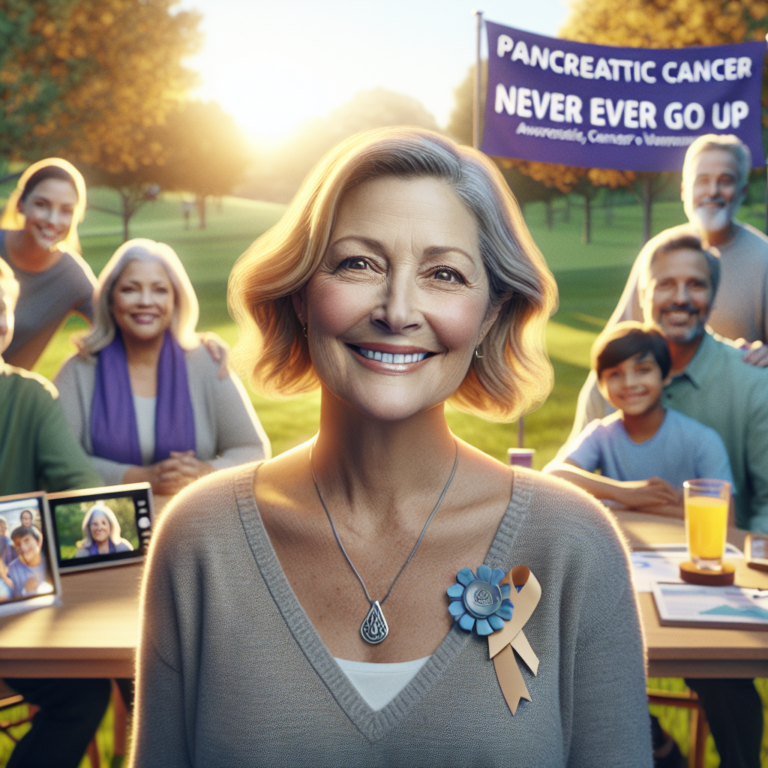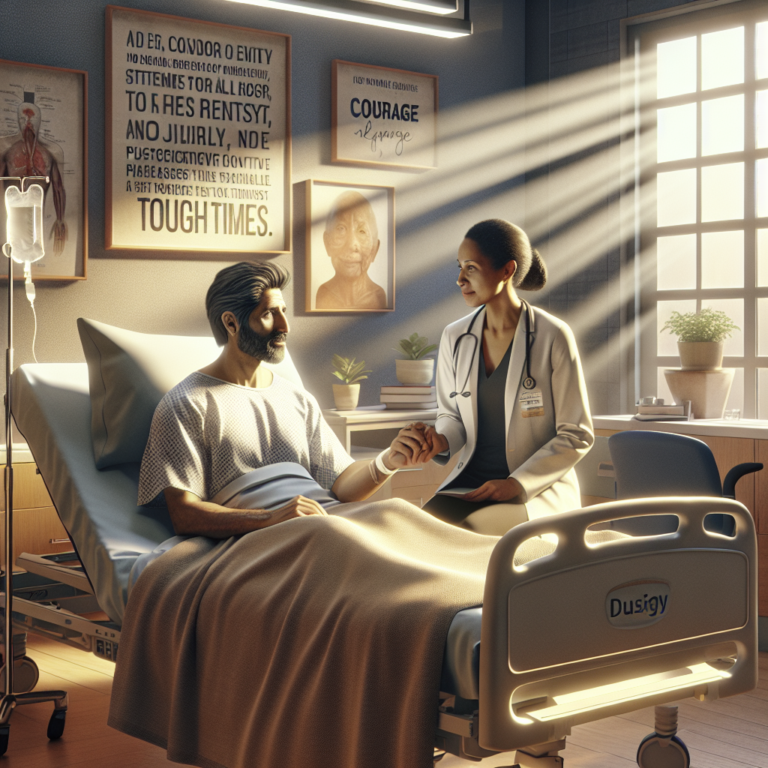Unlocking My Diagnosis: How Urinary Tract Scans Revealed the Hidden Truth

In a stunning turn of events, Ellen Robbins, a vibrant 74-year-old, found herself facing a daunting diagnosis of stage II pancreatic cancer. What began as a routine visit for a urinary tract infection in December 2021 led to a life-altering discovery—a tumor in her pancreas. With a series of tests confirming her condition, Robbins embarked on a challenging journey she never expected.
Uncovering the BRCA2 Gene Mutation
Robbins began her treatment at Massachusetts General Hospital (MGH) in Boston, guided by the expertise of Dr. Colin Weekes. Her initial regimen comprised FOLFIRINOX along with gemcitabine, a combination commonly used for pancreatic cancer. As fate would have it, her husband Bob, who works in communications, learned about a promising clinical trial at Memorial Sloan Kettering Cancer Center in New York. Dr. Weekes informed her that this trial was also launching at MGH, and he was leading it.
During this pivotal period, Robbins discovered she carried the BRCA2 gene mutation, a finding that greatly impacted her treatment options. Having previously undergone testing after a second breast cancer diagnosis in 2015, this genetic information opened the door for her participation in the trial.
Navigating the Clinical Trial
Eager to join the trial, Robbins underwent extensive evaluations to ensure her health could withstand the intensive procedures and medication involved. She ultimately received an autologous stem cell transplant, a process where her stem cells were extracted, modified, and then reintroduced through two separate infusions. This required two inpatient stays, totaling 32 days in the hospital, where her immune system was closely monitored due to its vulnerability.
Throughout her treatment, Robbins experienced common chemotherapy side effects, including nausea and fatigue, along with adverse reactions to some vitamins. Despite these challenges, her determination remained unwavering.
Positive Progress: No Signs of Disease Spread
Fast forward ten months since her diagnosis, and Robbins received encouraging news following her scans post-treatment—they revealed no signs of cancer spread. She now attends follow-up scans every three months. The clinical trial not only offered her a fighting chance but also uplifted her spirits and those of her husband, Bob.
Now reclaiming her life after treatment, Robbins and Bob make it a priority to enjoy their days together. They frequently plan outings and day trips, savoring each moment and appreciating the beauty of nature, whether it be strolling through forests or along the coastline. Following her doctors’ advice, she continues to dine outdoors, but they have received the go-ahead for future travels, both domestically and internationally.
Explore Clinical Trials and Treatments
If you or a loved one is facing a similar battle with pancreatic cancer, exploring available clinical trials and new treatment options could be a pivotal step in your journey. For more information on promising treatments, click here.
Ellen’s story is a testament to resilience, hope, and the power of modern medicine. Her journey serves as an inspiration for many navigating the complexities of cancer treatment.






